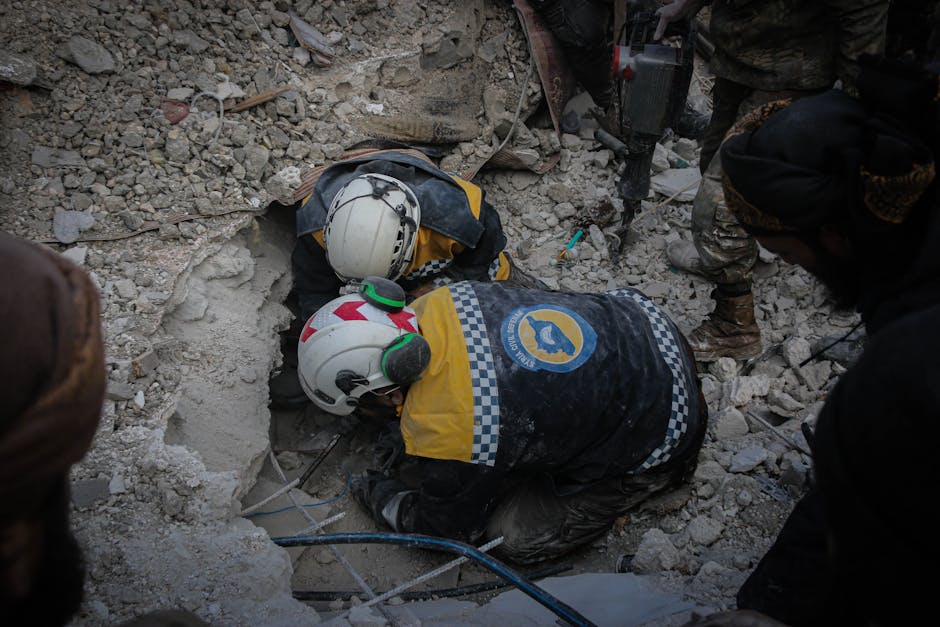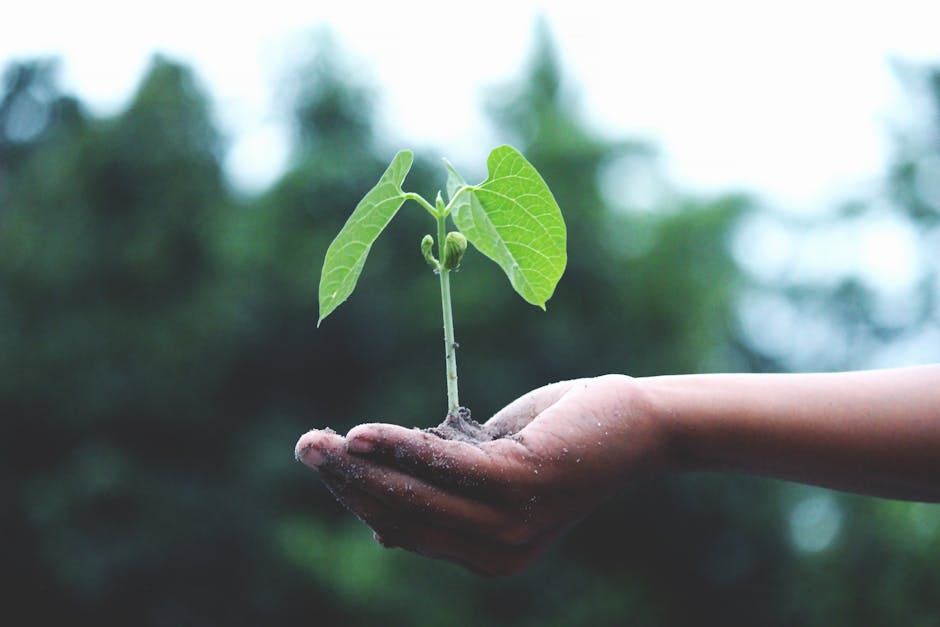A Community Rises from the Rubble
In the smoke-filled, debris-strewn streets of Gaza, a new kind of frontline has emerged. It isn’t manned by soldiers with guns, but by ordinary men with shovels, crowbars, and often, just their bare hands. These are the volunteers of Gaza’s civil defence, a growing legion of citizens running towards the thunder of explosions when every human instinct screams to run away.
As the conflict intensifies and the official civil defence and emergency services are stretched beyond their breaking point, an informal but vital network of civilian volunteers has risen from the rubble. They are shopkeepers, students, unemployed fathers, and teenagers who have seen their futures pulverised alongside their homes. Their mission is as simple as it is perilous: to pull survivors from beneath mountains of concrete and steel.
“If We Don’t, Who Will?”: The Motivation to Act
Why would anyone willingly step into such a nightmare? The answer, heard in hushed tones between frantic rescue efforts, is a mixture of profound duty and sheer necessity.
“If we don’t do it, who will?” said Yousef, a 22-year-old former university student who now spends his days digging through collapsed buildings in Khan Younis. “These are our neighbours, our friends, our family. You hear a child crying under the rubble, you don’t think about the risks… you only think about digging.”
Facing Down the ‘Double-Tap’: The Immense Risks for Rescue Workers
This courage, however, comes at a staggering price. The risks faced by these volunteer rescue workers are immense and multifaceted. Lacking the protective gear, heavy machinery, and formal training of professional rescue teams, they are dangerously exposed. The most chilling threat is the phenomenon of “double-tap” strikes, where a location is hit by a second airstrike minutes after the first, often targeting the very people who have rushed in to help.
Every rescue attempt is a gamble. The volunteers navigate unstable structures that could collapse at any moment, all while the threat of another strike looms overhead. They work with rudimentary tools, their efforts a testament to human resilience against overwhelming odds. A shared bulldozer might serve an entire neighbourhood, while most of the grim, painstaking work is done by hand, passing chunks of debris down a human chain.
The Unseen Scars: Psychological Toll on Civilian Rescuers
The psychological toll is just as severe as the physical danger. These volunteers are witnesses to unspeakable horrors, tasked with recovering bodies and comforting hysterical families. They are not desensitised emergency workers; they are members of the community experiencing the trauma firsthand, a burden that will undoubtedly shadow them for the rest of their lives.
Finding Purpose Amidst Destruction
For many, volunteering is also a desperate search for purpose in a world that has been turned upside down. With the economy decimated and daily life reduced to a struggle for survival, joining the rescue efforts provides a sense of agency and a way to fight back against the overwhelming feeling of helplessness. It is a defiant act of humanity in the face of destruction.
As the world watches from a distance, it is these unsung heroes who define the ground reality in Gaza. They are not fighting a war, but waging a desperate battle for life itself. They are the fragile, flickering candle of community in the darkest of nights, a powerful reminder that even when buildings fall and systems collapse, the human spirit’s instinct to save another endures.




